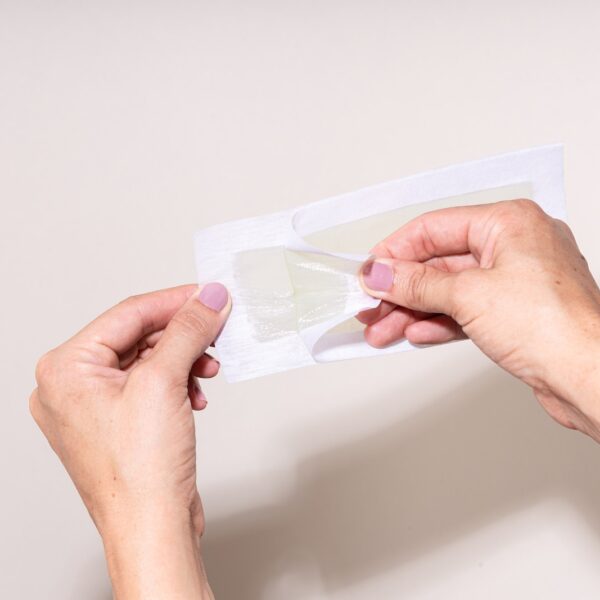Everyone’s libido is different. What seems high to you may be low for someone else. And a healthy, high libido often depends on things like the type of medication you’re taking (antidepressants and blood pressure drugs can decrease your libido); weight loss; age; menopause; and smoking or drinking.
Using hook up sites or frequenting sex parties isn’t always the best solution either.
What is a high libido?
We often have misconceptions about what is a normal level of libido based on pop culture portrayals. It is important to remember that a high libido is a spectrum. It is perfectly normal for one person to desire sex more than others. However, it is not normal for someone to not desire sex at all. If you find yourself fantasizing about sex more than once per day, it is a good idea to speak with a sex therapist about your desires.
While many factors contribute to a high libido, such as hormone changes and certain medications, it is also possible that you could be using sex as a coping mechanism or as a way to escape your problems. It is also important to be mindful of your sex drive when in a relationship, and not use it as a way to control your partner or manipulate them.
It is not uncommon for individuals with a high sex drive to seek out hook up sites or sex parties as a quick fix for their sexual urges. However, this is not always a sustainable solution and can be very damaging to your relationships. I recommend attempting to fulfill your sexual desires in non-pornographic ways that are enjoyable to both you and your partner, such as masturbation or exploring new ways to give and receive pleasure.
What causes a high libido?
There’s no such thing as a “normal” libido – it can vary from person to person. For example, some people might have sexual desires once a day, while others might want sex only a few times a year. A high libido is usually harmless, but a person’s libido can become a problem if it leads to uncontrollable sexual thoughts and urges. This is known as compulsive sexual behaviour or sex addiction, and it can affect a person’s health, relationships, life, and work.
There are many different reasons a person might have a high sex drive, from biological factors like hormone levels to psychological and social influences. For example, a person might have more sex drive during certain times of the month (women tend to experience higher libido around ovulation), or they may be feeling more confident in their body and self-worth. Getting more sleep, eating healthy, and avoiding drugs or alcohol can also boost a person’s libido.
If a person’s libido is causing them emotional distress, they can seek professional help. A sex therapist or psychiatrist can help them address their needs, feelings, and relationships. They can also help them explore alternative ways to express their sex desires that don’t involve sex, like masturbation or creative hobbies. They can also teach them how to manage their sex drive, so it doesn’t interfere with their day-to-day life.
What is a high sex drive?
A high sex drive means that you have an insatiable desire for sexual activity. This can be a good thing or a bad thing, depending on what you do with your sexual urges. Sexual desire can be triggered by many things, including hormones (like those that surge during puberty and when a woman is ovulating); certain medications, like antidepressants and ones that lower blood pressure; eating too many fattening foods; alcohol and smoking; stress and anxiety; and plain old fatigue.
Generally, men have higher libido levels than women. This is because they have more testosterone in their bodies, which is associated with a higher sex drive. However, it is normal for a man’s libido to decrease as he gets older.
While there are no set numbers for what is considered a “normal” sex drive, most experts agree that a healthy sex drive is one that does not get in the way of your daily life. A person who has a sex drive that interferes with their everyday responsibilities may be suffering from a sex addiction. There is no universal definition of a sex addiction, but it usually includes a desire to engage in sexual activities that are not in accordance with the individual’s gender identity or sexual orientation. If you have a very high sex drive, it is important to be open about it with your partner so they can help you manage it in a positive way.
What is a high sex drive problem?
A high sex drive problem is when your behavior and desire for sex begins to interfere with other areas of your life. It could lead to a lack of sleep, eating disorders and weight loss issues; it can even lead you into financial or legal trouble. It is important to recognize the signs of a problem and seek treatment as soon as possible before it worsens.
It is also important to remember that there is no such thing as a normal libido. What may be considered a high libido for one person is normal for another, and it can fluctuate depending on certain factors. For example, a woman who is pregnant or breastfeeding will have a lower sexual drive than she would normally. It is also common for people to experience a decrease in their libido as they age, but it is nothing to worry about.
In addition, a high sex drive can be a sign of some medical conditions, such as Parkinson’s disease (which can affect the hormones in your body), brain injuries, depression, bipolar disorder and some medications including antidepressants and drugs that treat blood pressure or heart disease. Women with an overactive thyroid can also have a higher libido than usual.
Lastly, some people with a high sex drive use it as a form of self-medication to deal with other emotional and mental problems. For example, a person may begin to rely on hook up sites, sex parties and sex professionals to satisfy their urges, but these can be harmful to their health in the long run.




Leave a Comment